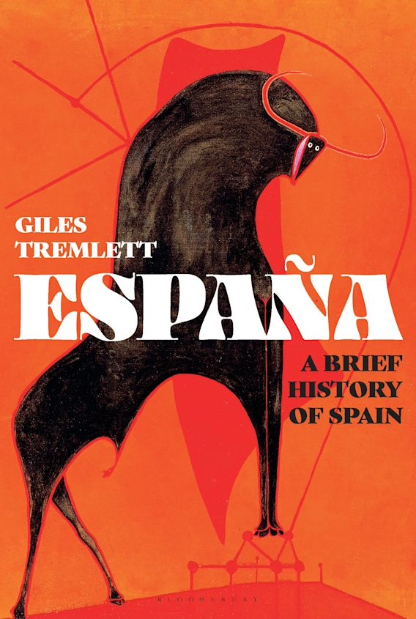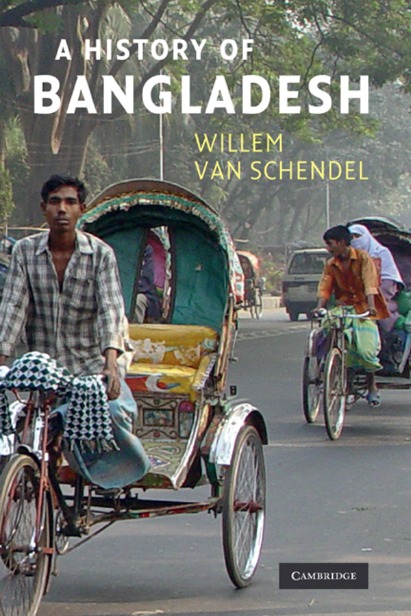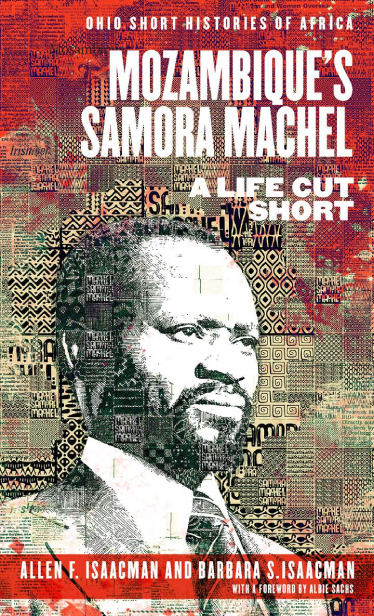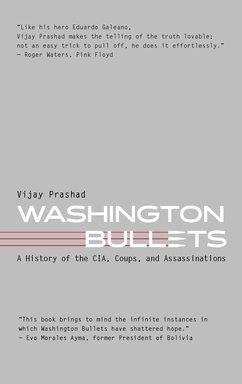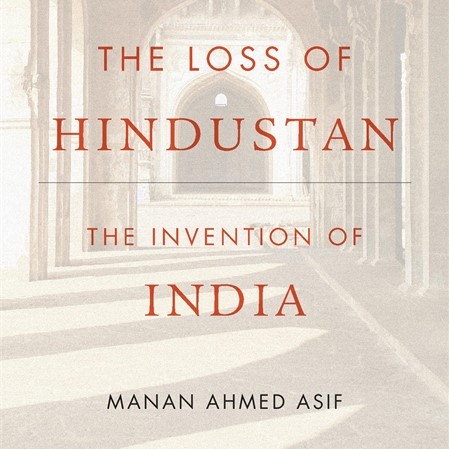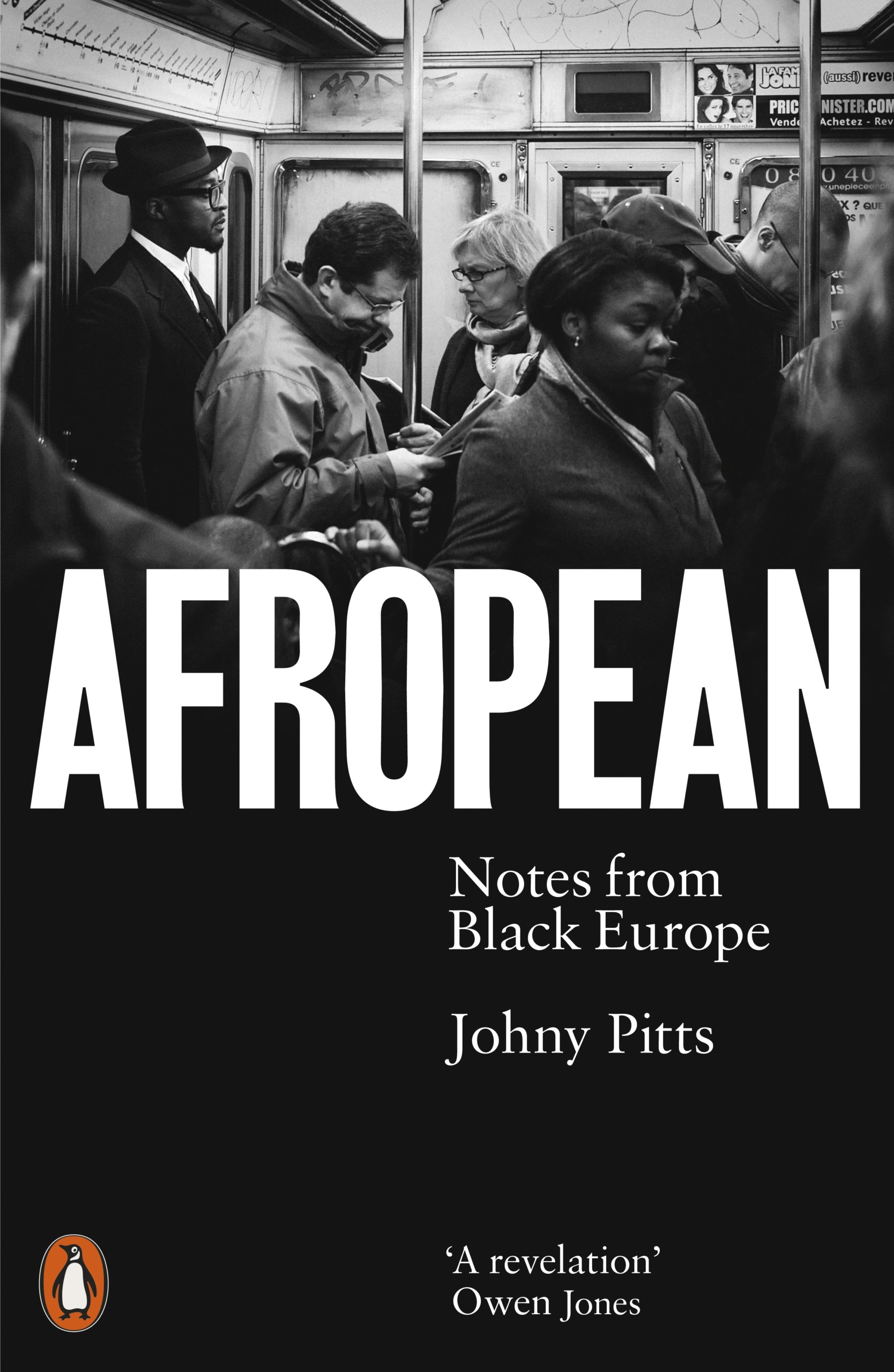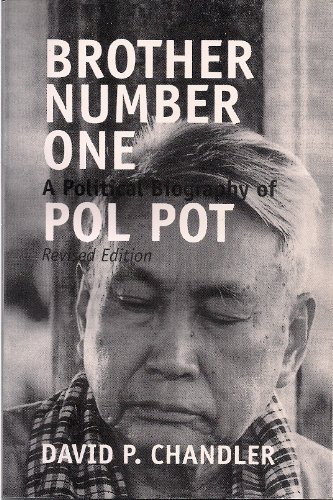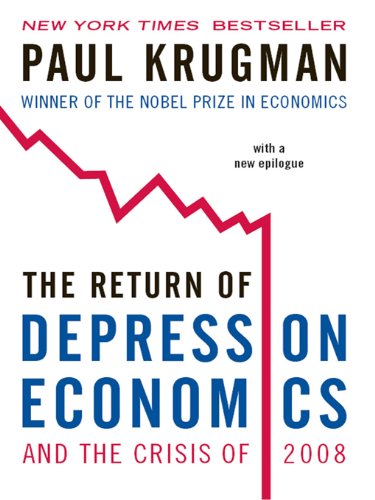
The Return of Depression Economics – Paul Krugman
Krugman lays bare the 2008 financial crisis—the greatest since the 1930s—tracing it to the failure of regulation to keep pace with an out-of-control financial system. He also tells us how to contain the crisis and turn around a world economy sliding into a deep recession.
